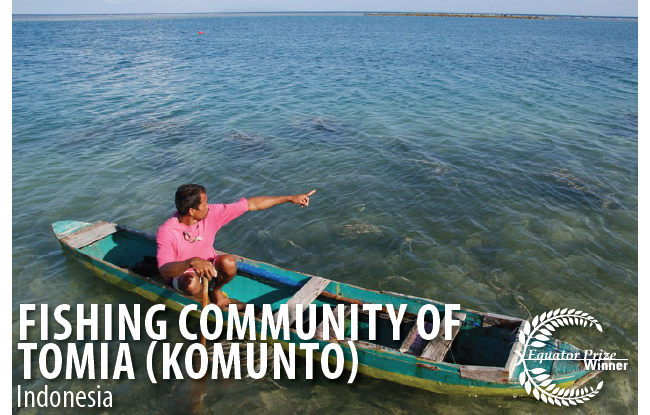Caring for the land: Best practices in soil and water conservation in Beressa watershed, highlands of Ethiopia
About 88% of the population is concentrated in the highlands, which constitute less than half of the national territory; here the population density is 141 persons km-2. Agriculture is the main source of livelihood and national income in the country. Over 85% of the population directly depends on it and about half of the GDP is generated from the sector. However, agriculture is small-scale and subsistence oriented, and it is in a very low state of development.


